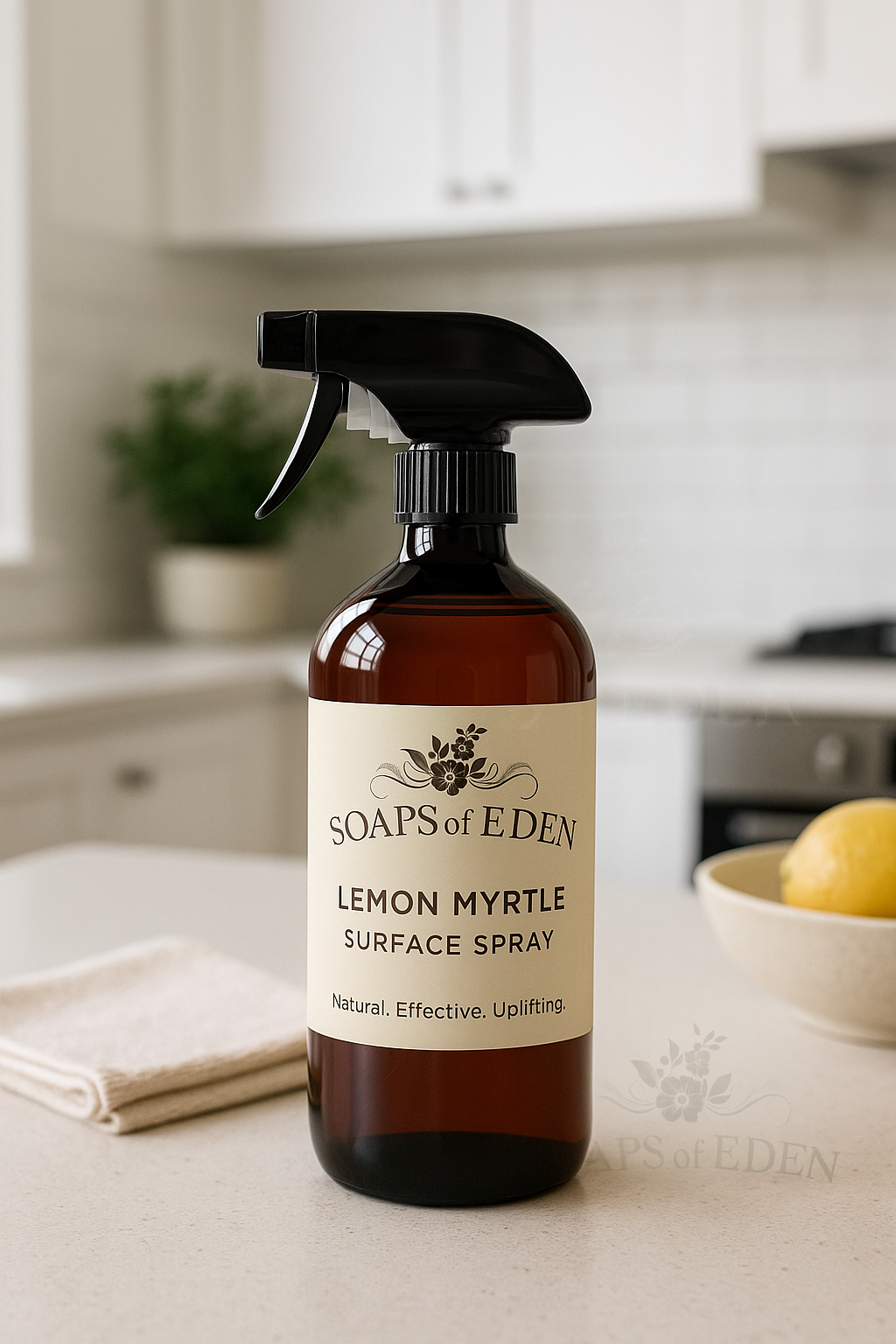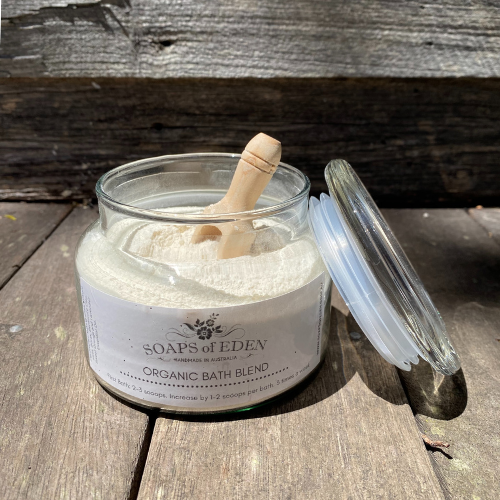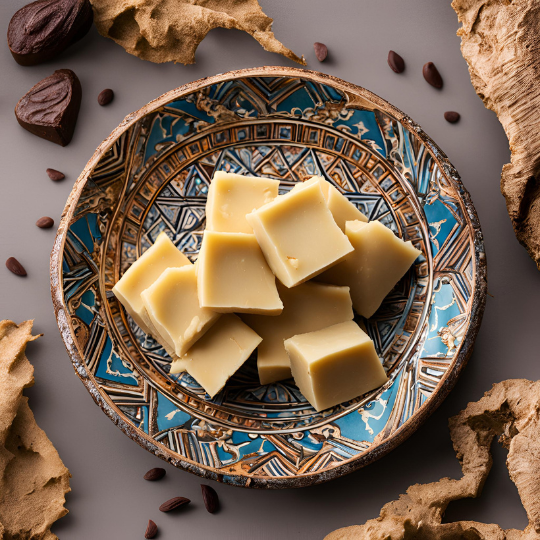
Not all Bentonite Clays are the same!
Share
I came across a beautiful product - Bentonite Clay! I've tried many clays in the past and some are gritty, scratchy on the skin and you just never know how its been milled, or if its a good quality product.
Our Australian Bentonite Clay is an approved Ingredient and is Australian Certified Organic, for manufacturing Organic and Bio-Dynamic certified products.
Bentonite Clay, also known as Montmorillonite, known to have an abundance of minerals, including calcium, magnesium, silica, sodium, copper, iron and potassium.
Researchers report that several traditional cultures living in regions of the Andes, Central Africa, and here in Australia have used Bentonite Clay for centuries. Many animals will instinctively turn to eating dirt and clay to help remove poisons from their systems, or during times of illness or distress.
It is negatively charged attracting and binding toxins. It swells like a highly porous sponge when mixed with water. Toxins are drawn into the sponge through electrical attraction, and once there, they are bound. Free radicals are the other culprits when it comes to skin damage. Free radicals can damage the skin by trying to grab an extra electron from atoms in the skin. When atoms are taken away from molecules in the skin, it causes damage to our skin’s DNA that can speed along skin ageing.
This is called the “free radical theory of ageing”. Can we can intervene and halt the cascade of free radicals?
We can with Bentonite Clay!
Bentonite is negatively charged, and so provides the electrons the free radicals seek for stability. Free radicals no longer roam free causing molecular and cellular damage.
What an amazing product!
How to use
There are several ways you can reap the benefits of adding clay to your day. Here are just some of them:
Skin Conditions & Face Mask
Blend 1 part Bentonite to 2 parts water, and apply to the skin as a clay pack. Bacteria and toxins living on the surface of the skin and within pores are drawn out and bound to the clay. Keep the pack on for about 20 minutes before removing with warm water. For facials, apply a clay mask once or twice per week for best results. This helps to prevent adverse skin conditions.
Skin Poultice for Bites/Burns/Cuts/Stings
Blend Bentonite Clay with water to a ratio of 1:1 or 1:2 and apply to the affected area, covering with a bandage or gauze, leaving it to draw toxins and help heal the skin. Change every 2-3hrs.
A Clay Bath
Add 1-4 cups to a warm bath and soak for 20 minutes for a refreshing topical body therapy that softens the skin and clears pores, as the clay binds to skin toxins and free radicals. You can either sprinkle the clay on the water and mix as you go, or pre-mix in a bowl and add this thick liquid to your bath.
Foot Soaks
A great option if you don’t have a bath – Use ½ cup of Bentonite Clay in a foot soak.
Full Body Mud Pack
You will need a dedicated space for this as it can be rather messy. In a large bowl blend Bentonite Clay and water to a consistency of mud and apply all over body. After 15-20 minutes the clay can be washed off, leaving you feeling revitalised, refreshed, and silky soft. Replenish by drinking ample pure water afterwards.
Use as Talc Powder
Bentonite Clay is a wonderful, natural and safe alternative to talc and baby powder.
Healthy Teeth & Gums
Use Bentonite Clay as a tooth cleaning powder or to make your own toothpaste. You can also mix it with water and use it as mouthwash that will bind the toxins and bacteria from your teeth, gums and tongue.
Try our bentonite clay and get refill bags here



